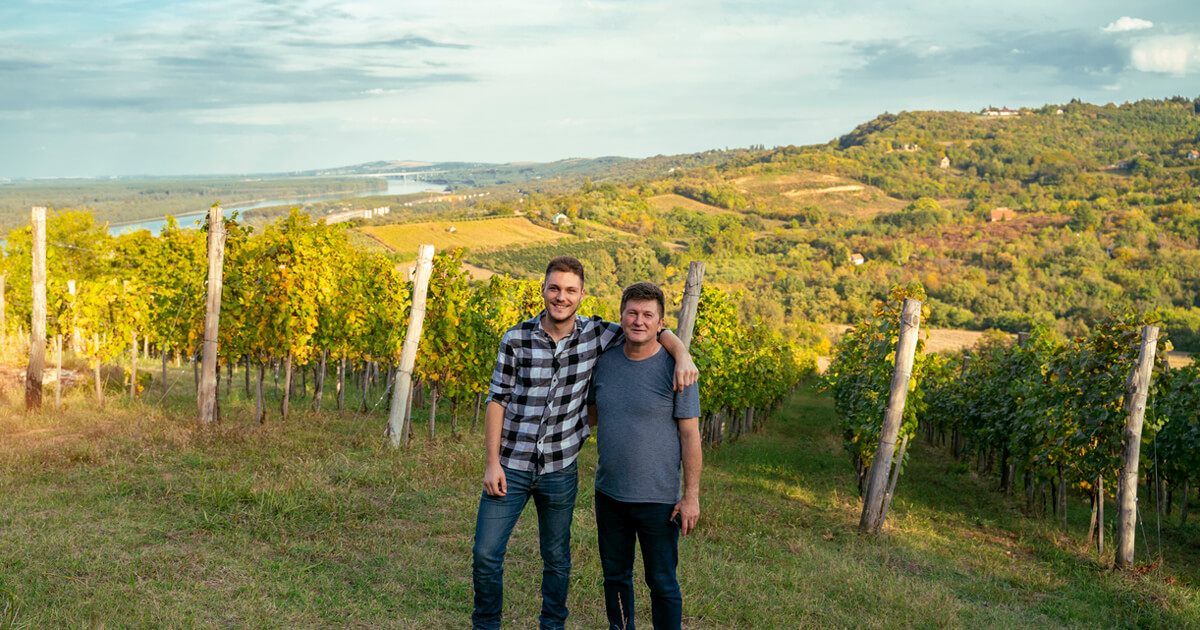With the start of the new academic year, across Queensland thousands of students will be starting university for the first time. Many high-achieving Year 12 graduates from 2022 will be reaping the rewards of their academic success and taking up a place in one of the sought-after, high-demand courses or their ‘dream’ course. Others may not have topped their class or achieved a high ATAR, but with hard work and dedication have graduated high school and secured a place in their preferred university course. We will also see non-school leavers who have been in the workforce for a while, courageously returning to study to get them that step closer to reaching their educational and career ambitions.
I started studying Social Science online… at the start of this year, mainly because I’ve long been interested in helping people and I thought that if I don’t do this now I never will.
Joe (58)*
Entering university for the first time is a big step for anyone, but for one group it can be even more daunting. These are the ‘first in family’ students who will become the first members of their immediate family to go to university, thus gaining ‘first-generation’ status. First in family is defined as someone who does not have a parent/guardian who already holds a university-level qualification and who also may not have any siblings or relatives who have gone to university.
So, who are our first in family students and where do they come from? Only about one-in-four Australian adults hold a bachelor-level or higher qualification and a young person with a university-educated parent is twice as likely to enrol in university than someone who does not.
There wasn't a lot of talk about university in my home growing up… and the general view in my circle was that uni was good if you were super brainy.
Melinda (33)*
In 2022 between 13% and 55% of new undergraduates in Australia were the first in their families to go to university, depending on where they enrolled (Patfield, 2022). Some regional universities enrolments are made up of over 55% of first in family while the metropolitan universities tend to have fewer. First in family students are more likely to be Indigenous and are more likely to come from socio-economically disadvantaged communities and/or rural and remote areas.
The research shows that first in family students often face complex and multiple forms of disadvantage that shape their schooling and transition to university. Going to university can be daunting new territory for these students, their families and even their communities.
I really wanted generational change… to show my kids by example.
Ryan (35)*
The Australian government is starting to recognise the importance of broadening access to higher education by offering funding to universities to support the inclusion of first in family students. To help address the challenges that first in family students experience, and to provide an equal opportunity, some universities offer selection rank adjustments for first in family applicants. These adjustments are university and course-specific, so applicants should check with their institution or QTAC before making an application. To assist first in family students in their transition to tertiary study, universities also offer support services such as accommodation services, language support, counselling services, learning and study workshops, and financial support.
Government-supported national research projects have explored how universities can support first-in-family students more effectively and has led to the development of useful resources, such as the First-in-Family website which has some motivational stories.
Our grandson Paulo has just started university. He is the first of all the children and the grandchildren to come to university and we are very, very proud of him.
Nonna (67)*
Despite the move to mass higher education, university access continues to be strongly associated with parental education level. While first in family status is becoming more recognised and supported, recent research makes a case for the inclusion of first-generation status as a targeted equity group (Patfield, Gore & Weaver, 2022).
*You can read our students’ full inspirational stories from the First-in-Family research website.
Author: Dr Janet Buchan
Sources:
- Jaremus et al. (2022) Aspirations, equity and higher education course choice: The path travelled. NCSEHE. Curtin University. Perth. Available from https://www.ncsehe.edu.au/wp-content/uploads/2022/04/Jaremus_UON_Final.pdf.
- Patfield, S. (2022) ‘They don’t expect a lot of me, they just want me to go to uni’ ‘: December 16 2022. The Conversation.
- Patfield, S., Gore, J. & Weaver, N. (2022) On ‘being first’: the case for first-generation status in Australian higher education equity policy. Aust. Educ. Res. 49, 23–41 (2022). https://doi.org/10.1007/s13384-020-00428-2.
- First in Family (2023) First in Family students and stories. University of Wollongong. Available from http://www.firstinfamily.com.au/stories.php.
